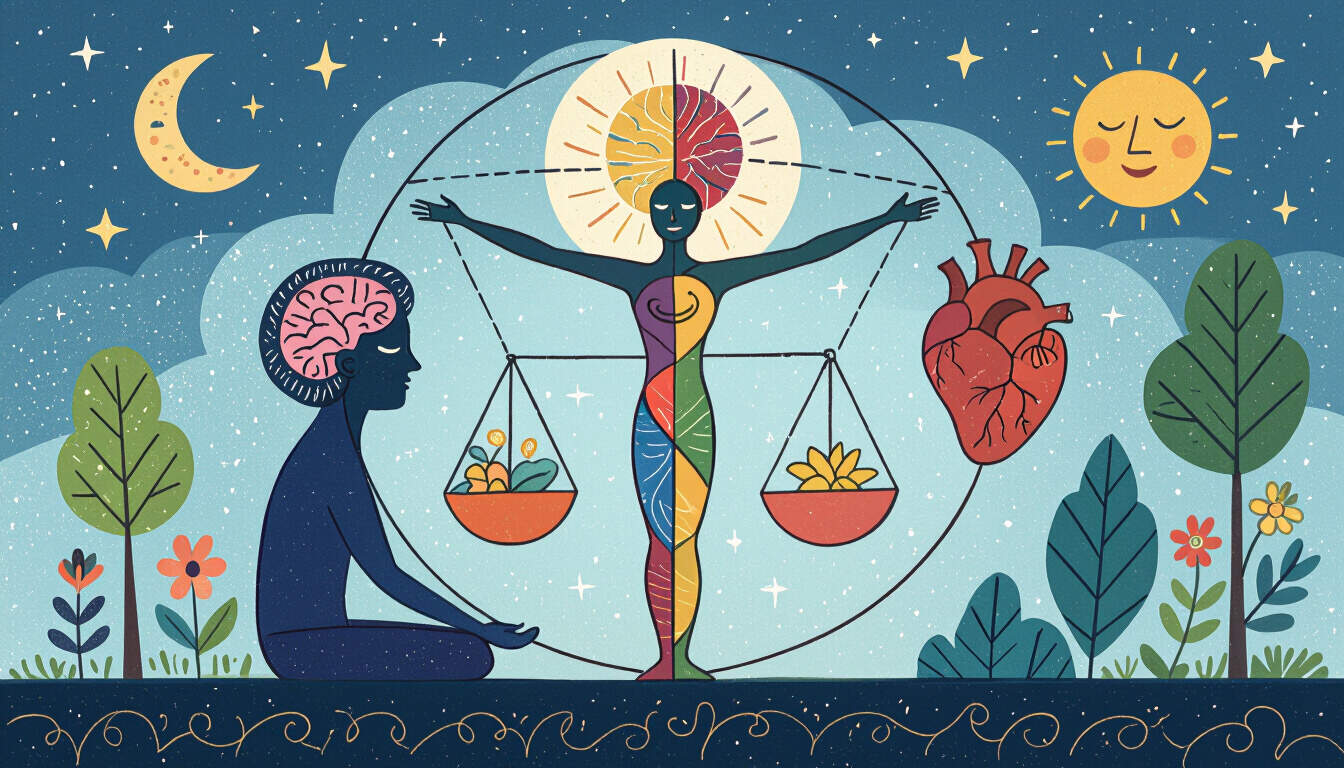Holistic Development Plans and Mental Models
 by Shanie Goodwin
by Shanie Goodwin
Holistic development plans integrate mental, emotional, and physical growth for balanced progress. By applying key mental models, individuals can foster cognitive advancement and strategic thinking in personal and professional contexts, leading to meaningful improvements.

Holistic development plans focus on comprehensive growth that addresses multiple facets of life. These plans emphasize balanced progress across mental, emotional, and physical areas. For instance, mental models serve as frameworks that shape how people interpret experiences and make decisions.
In practice, such plans encourage a well-rounded approach to improvement. Mental models like the growth mindset help individuals view challenges as opportunities for learning. This perspective supports ongoing cognitive development by promoting adaptability and resilience.
One effective way to build these plans is through structured routines. Daily habits can include activities that nurture different aspects of well-being. For example, reading and reflection strengthen cognitive skills, while exercise maintains physical health.
Professionals often use holistic development in business settings. By applying business strategies informed by mental models, leaders can enhance team performance. A simple model like feedback loops allows for continuous adjustment based on outcomes.
Consider the role of psychology in these plans. Cognitive development theories suggest that lifelong learning keeps the mind sharp. Activities such as journaling or problem-solving exercises can integrate these ideas into everyday life.
Benefits of Integrating Mental Models
Using mental models in holistic plans offers clear advantages. They provide tools for better decision-making and problem-solving. For curious individuals, exploring these models can lead to deeper self-awareness.
In business, strategies based on mental models improve outcomes. Teams that adopt a systems approach see connections between actions and results, fostering innovation. This method helps avoid isolated efforts and promotes synergy.
For lifelong learners, holistic plans mean combining knowledge from various fields. Psychology concepts, such as emotional regulation, pair well with practical skills in professional environments.
Practical Steps for Implementation
To create a holistic development plan, start with self-assessment. Identify areas for growth in cognitive, emotional, and physical domains. Set specific goals that align with overall objectives.
Incorporate routines that build mental models. For example, use visualization techniques to prepare for challenges. This practice reinforces cognitive development by making abstract ideas more tangible.
Business professionals might apply these plans through team workshops. Discussing mental models like cause and effect can refine strategies and encourage collaborative thinking.
Engage in activities that support emotional balance, such as mindfulness or social interactions. These elements ensure that development is not just intellectual but also relational.
Over time, tracking progress becomes essential. Regular reviews help refine plans based on real experiences. This iterative process ensures sustained growth across all areas.
Real-World Applications
In psychology, holistic plans aid personal transformation. Individuals dealing with stress benefit from models that emphasize balance and recovery.
For business strategies, companies use these approaches to develop employees. Training programs that include mental models lead to higher engagement and productivity.
Cognitive development thrives when plans are multifaceted. Combining learning with physical activity, for instance, enhances memory and focus.
Ultimately, holistic development plans empower people to achieve harmony in life. By weaving in mental models, individuals and professionals alike can navigate growth with intention and clarity.
In summary, these plans offer a pathway to integrated improvement. They blend insights from psychology and business to support ongoing advancement, making them valuable for anyone seeking meaningful change.
